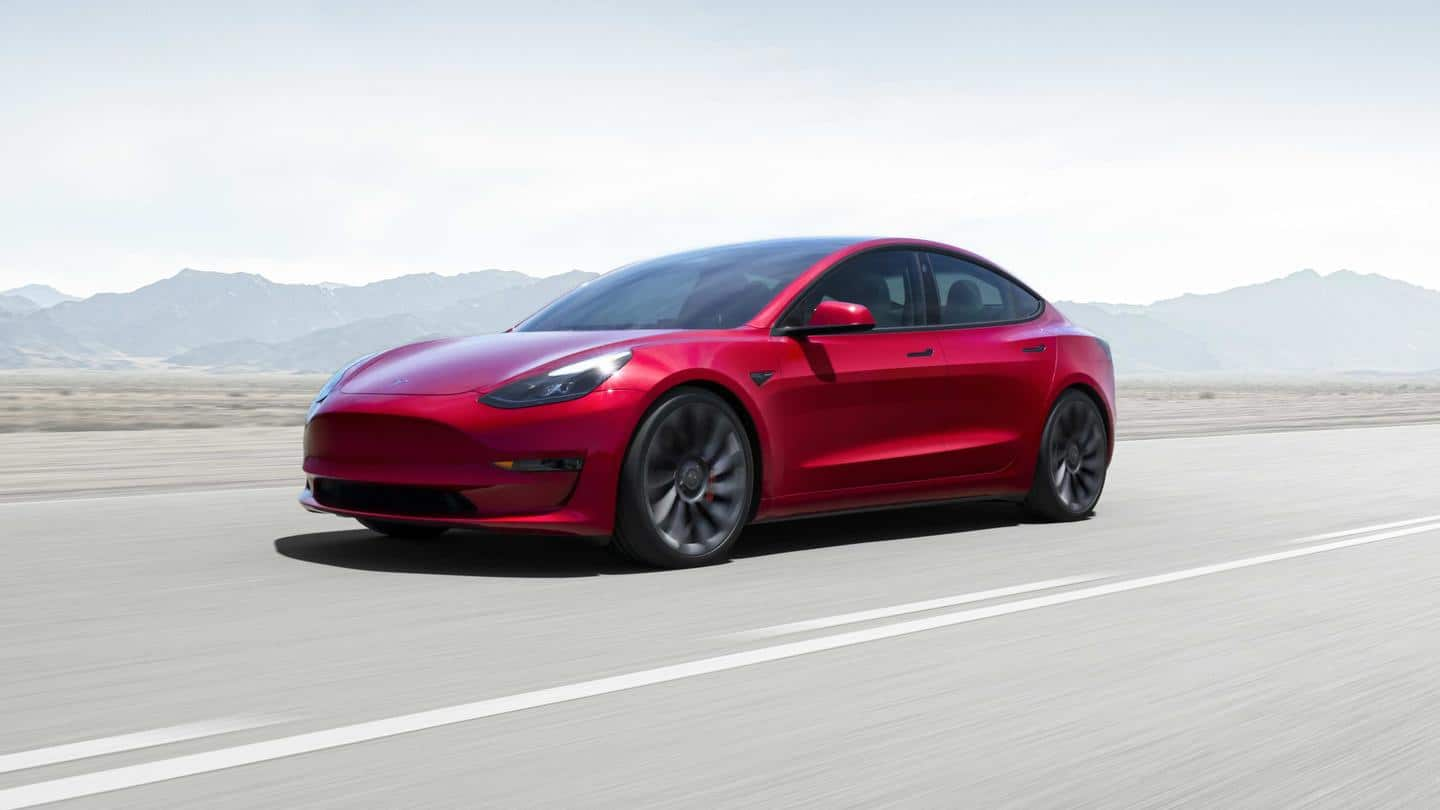
Tesla recalls 1.1 million EVs, faulty window software to blame
What's the story
Tesla has announced a recall order of nearly 1.1 million EVs in the US market to address the issue of faulty window software.
The EV maker believes that the automatic reversing system or anti-pinch function on its cars may not react correctly after detecting an obstruction, increasing the risk of injury.
The company will be performing an over-the-air software update on the affected vehicles.
Context
Why does this story matter?
Tesla is considered a pioneer of modern-age EVs across the globe. The company has been at the forefront of EV technology ever since its inception in 2003.
While the US-based automaker has been praised for bringing some innovative functions, there have been incidents in recent years exhibiting the unreliable nature of its software.
The window reversing issue is the latest to join the list.
Information
What is window automatic reversal system?
The window automatic reversal system is designed to automatically send the window back down if there is an obstacle between the window and the frame. If the control unit senses excessive pressure on the motor, it starts reversing immediately to avoid any injury or damage.
Statement
What did NHTSA say?
The National Highway Traffic Safety Administration (NHTSA) said that certain vehicles failed to comply with the requirements of a federal motor vehicle safety standard on power windows.
It further added that closing windows without the usage of a proper automatic reversing system may get the driver or passenger pinched before retracting, thereby increasing the risk of an injury.
Actions
How Tesla plans to resolve the issue?
The EV maker has told the NHTSA that it is recalling nearly 1.1 million faulty vehicles, which includes some Model 3 (2017-2022), Model Y (2020-2021), Model S (2021-2022), and Model X (2021-2022).
Tesla will perform an over-the-air software update to enhance the calibration of the said vehicles' automatic window reversal system.
The company, however, claims that there have been no injuries so far.